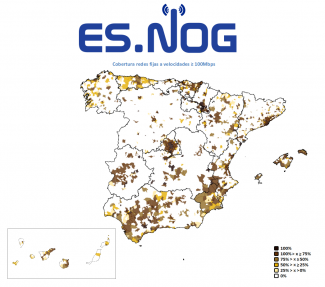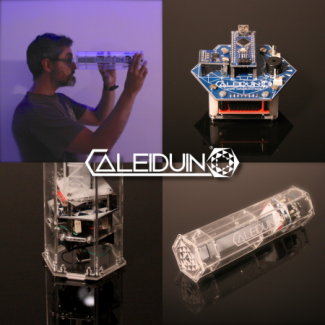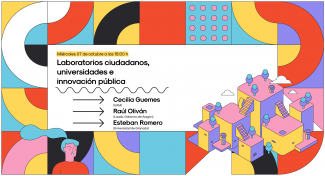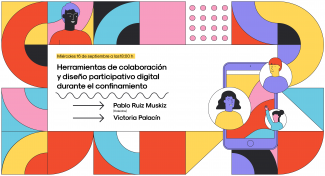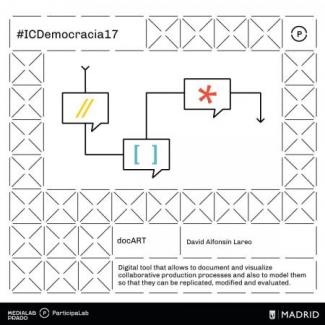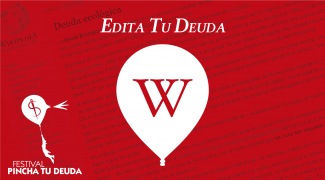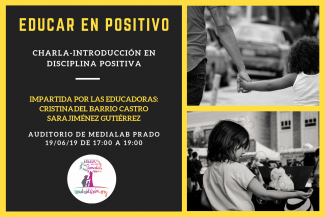14º ESNOG Meeting (Spanish Network Operator Group)
The purposes of ESNOG include:
- Provide the means of communication within the Spanish state to promote education and the exchange of knowledge within the technical community and Internet operations.
- Provide channels for group members to ask questions and discuss issues related to the Internet and public data networks.
- Promote good Internet practices among the members of the group and also before other public or private entities, both national and international.
ESNOG carries out activities through an email list (gore [at] esnog.net) and regular meetings (bi-annual). Both are open to



 Medialab-Matadero Madrid
Medialab-Matadero Madrid


